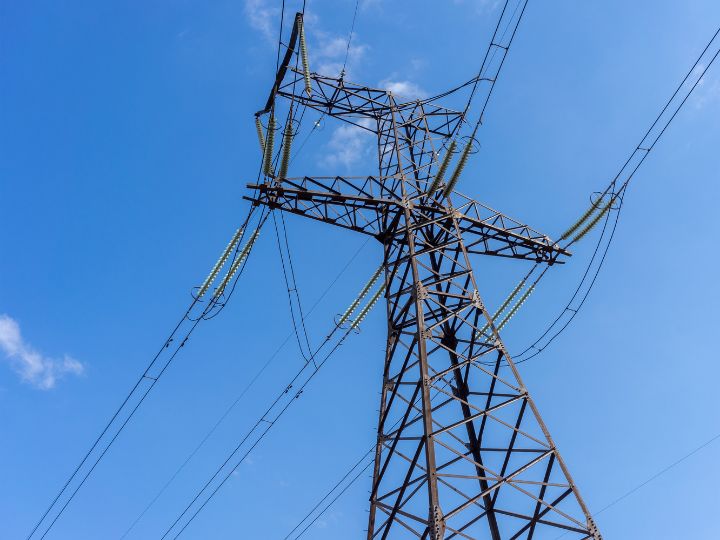
The first official day of summer in Texas brought a stark reminder of the challenges ahead with temperatures in the triple digits and the Electric Reliability Council of Texas (ERCOT) calling for the public to voluntarily conserve energy. Many Texans are concerned about the stability of the state's power grid.
With above-average temperatures predicted and the mercury already surpassing 100 degrees in June, electricity demand is expected to skyrocket while supply remains tight.
Earlier this month, ERCOT utilized the new ERCOT Contingency Reserve Service (ECRS) mechanism, allowing it to pay generators to step out of the daily market and be on standby. When electricity demand rises and supply is tight, ERCOT pays these generators extra to pitch in. Ed Hirs, Energy Fellow and globally recognized energy markets expert at the University of Houston, said consumers will end up paying much higher prices for electricity, partly because of ECRS.
"Consumers will have paid more than $1 billion more than necessary since June 16…this will show up on bills when contracts get renewed," Hirs said. "The net effect of the ECRS is that no new generators are being built, and the wholesale price of electricity is jumping."
Hirs, who forecast the ERCOT's 2021 winter storm grid failure in 2013 due to the flawed market design that was mandated by Texas state laws and regulations, added "the ECRS was just an immaterial reconfiguration of the existing portfolio of generators."
More context and details are available in Hirs' Victoria Advocate guest column.
Here are some more insights and advice from several UH energy experts on how best to conserve electricity and alleviate the strain this summer:
Xingpeng Li, an assistant professor of electrical and computer engineering, highlighted Conservation Voltage Reduction (CVR) programs used by many utilities as a key strategy for energy conservation.
"Reducing voltage, by a reasonable small amount, can save electricity," Li said. CVR, a long-practiced cost-effective measure, involves controlling distribution voltage levels and delivering electricity at lower voltages within the acceptable range, as defined by the American National Standards Institute 1995.
Li also suggested a simple, yet effective, measure individuals can take to reduce energy consumption related to tanked water heaters. He advised turning off these heaters when they are not in use during peak hours, as they continue to consume electricity to maintain water temperature, even when idle.
Harish Krishnamoorthy, assistant professor of electrical and computer engineering and associate director of the Power Electronics, Microgrids and Subsea Electric Systems Center (PEMSEC) at UH, outlined three simple steps he personally follows:
- Turn on the fan(s) and set the power-hungry AC's temperature higher (78 degrees Fahrenheit and above).
- Increase the temperature set points of the refrigerator (many refrigerators allow for independently setting the temperature of the freezer and remaining sections).
- Do not do laundry during the peak hours.
Charles McConnell, director of the Center for Carbon Management and Energy Sustainability, expressed a need to encourage a "balanced approach for all forms of energy for reliability. Let's not forget that reliability requires investment in dispatchable, baseload, 24/7 electricity supply and a market that promotes it."
Texas, he added, needed a balanced long-term strategy to address its energy challenges.
"I, for one, can't subscribe to a sustainable strategy that requires consumers to turn their thermostats up. That's not a strategy. That is, in my view, a desperate attempt to try to get through situations that are difficult," McConnell shared in a recent ABC 13 interview.
He urged more conversations among officials about the best way to keep up with energy demands long-term and find the best energy solutions for the good of the public.






